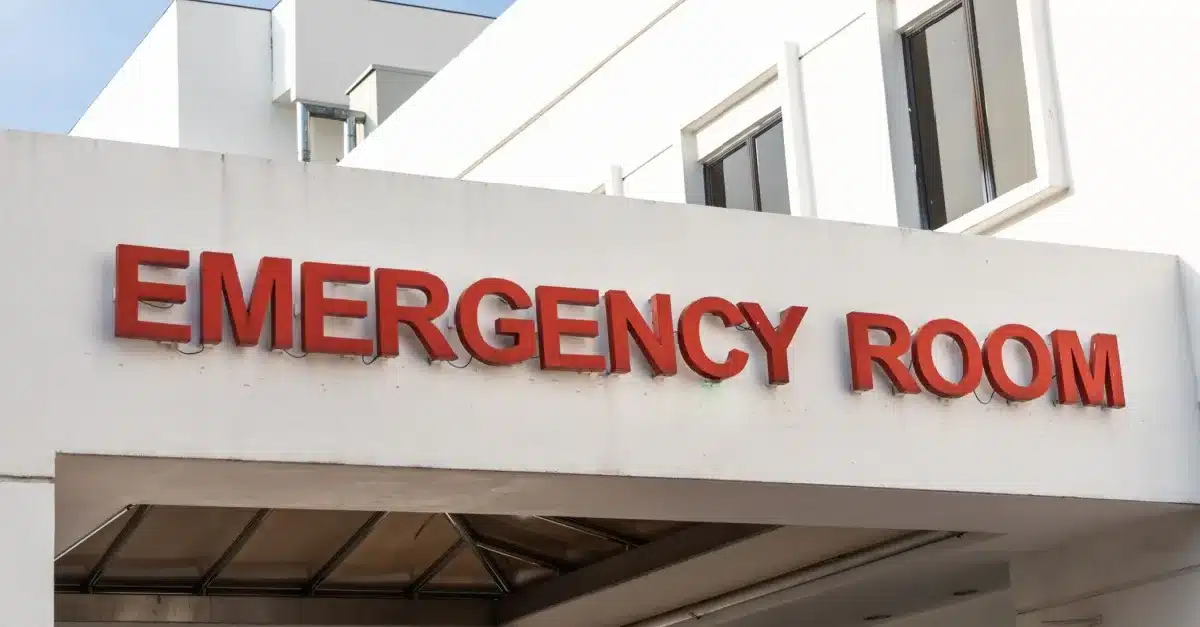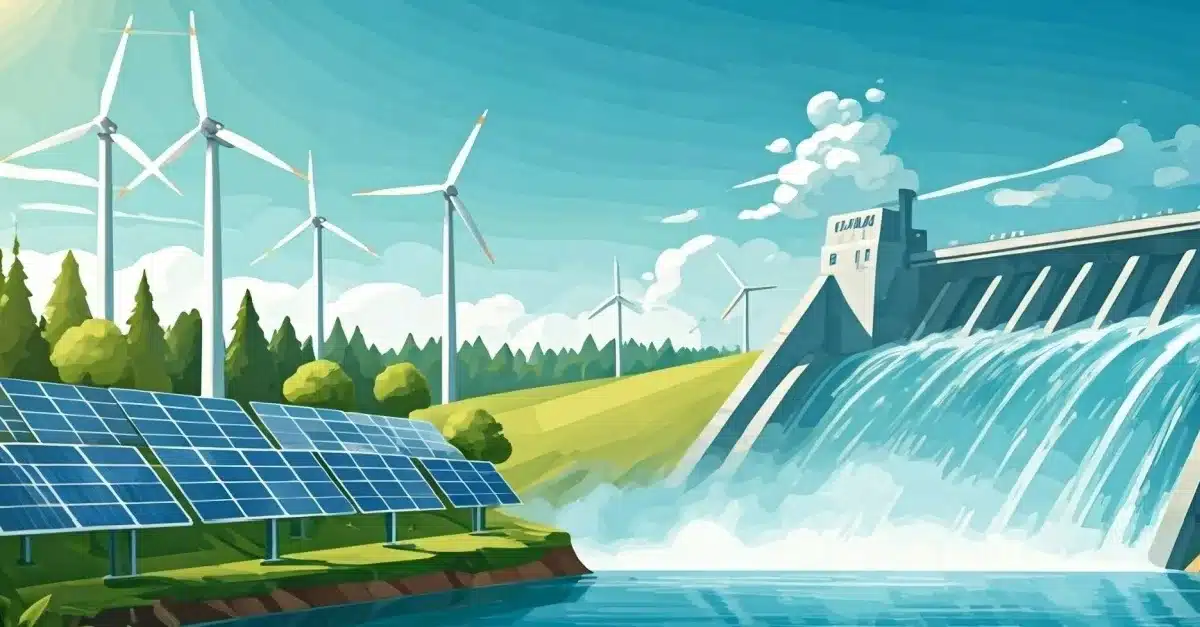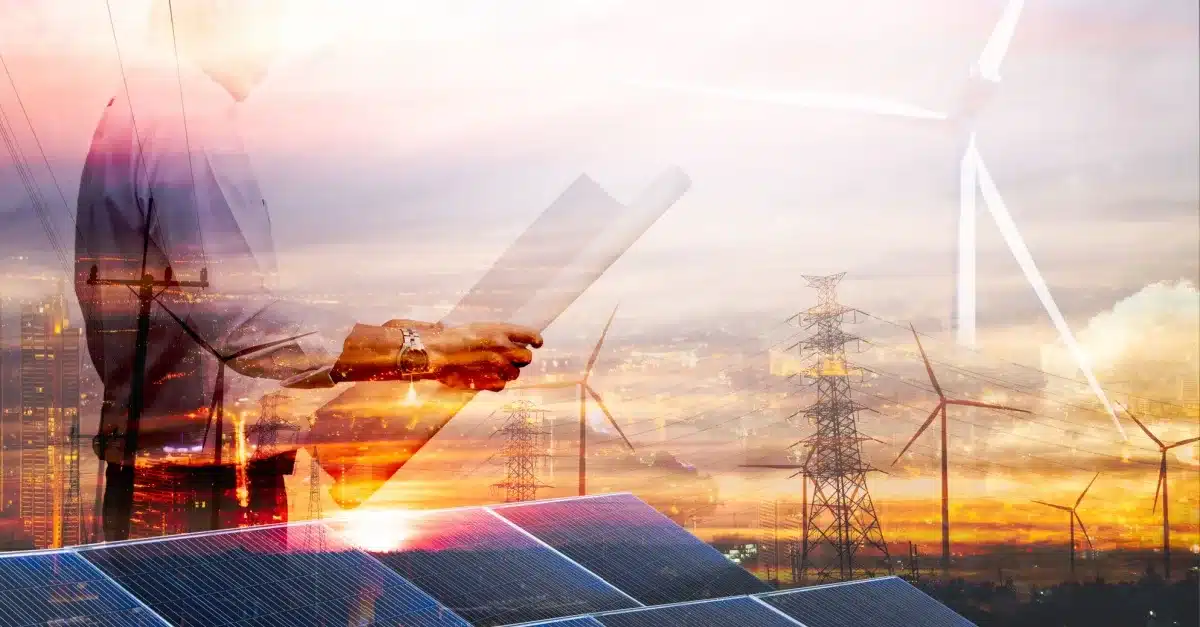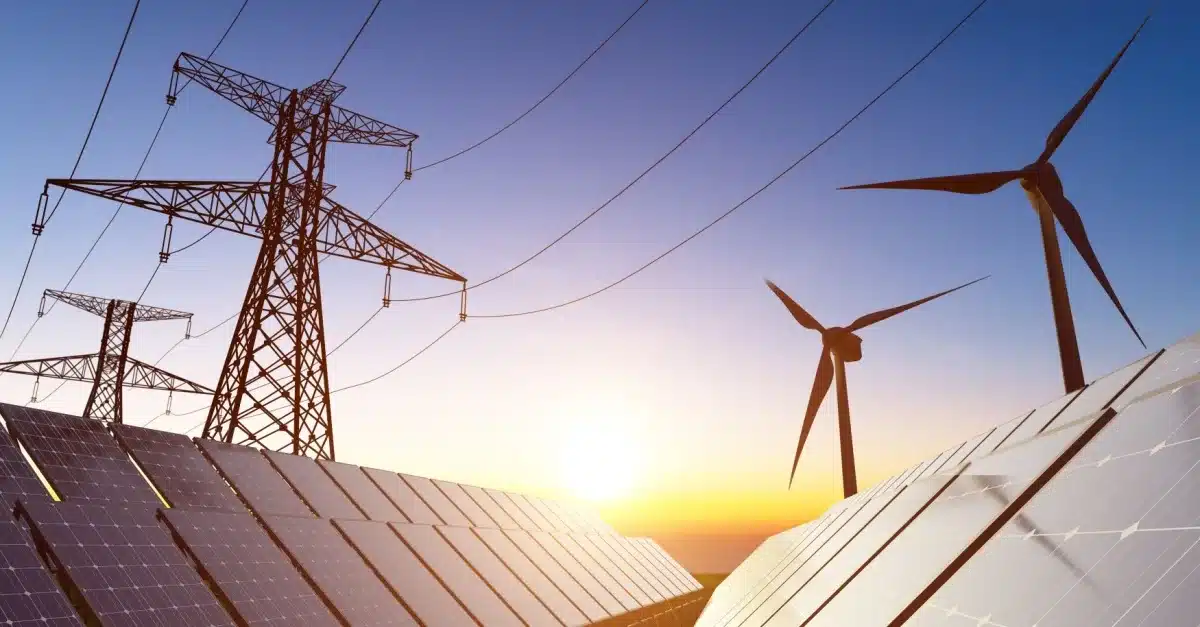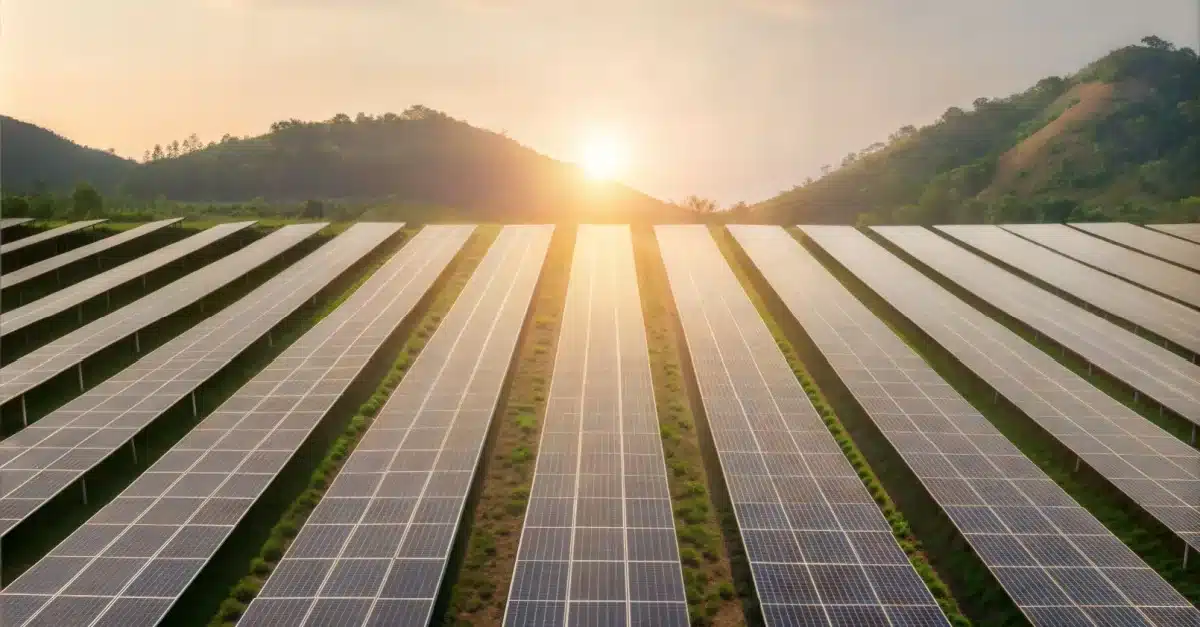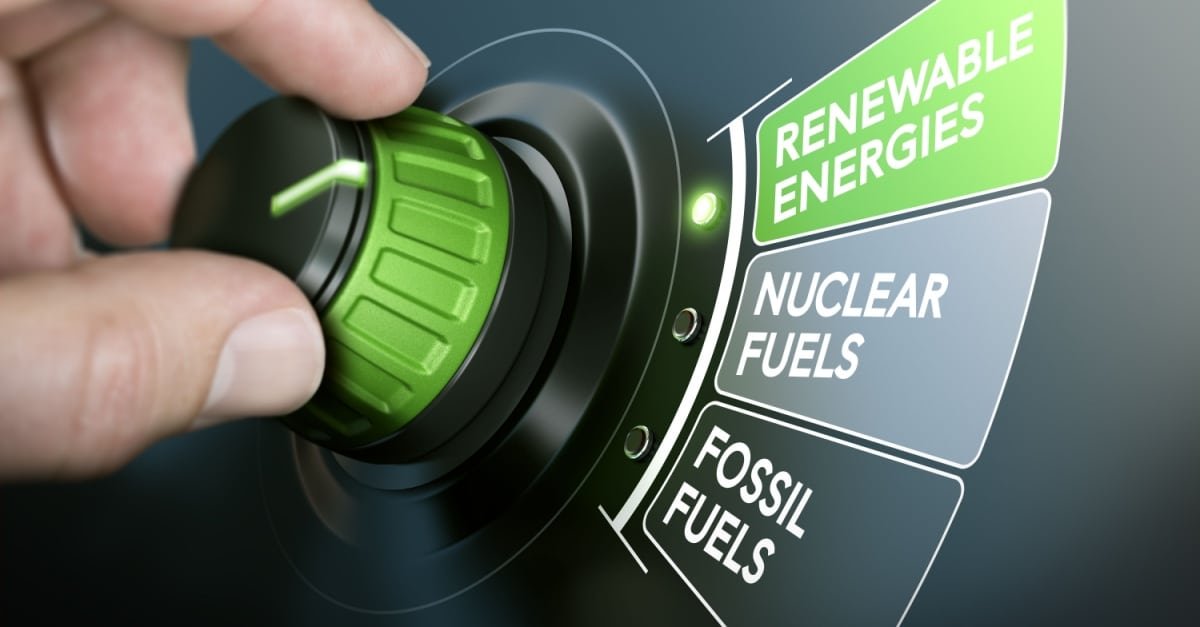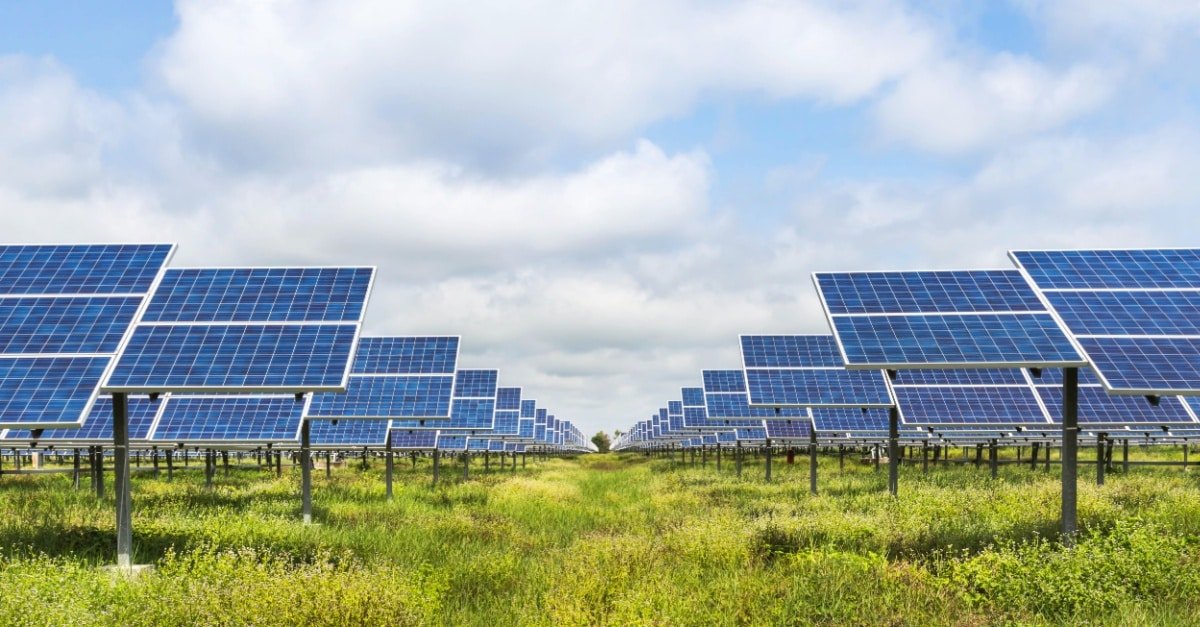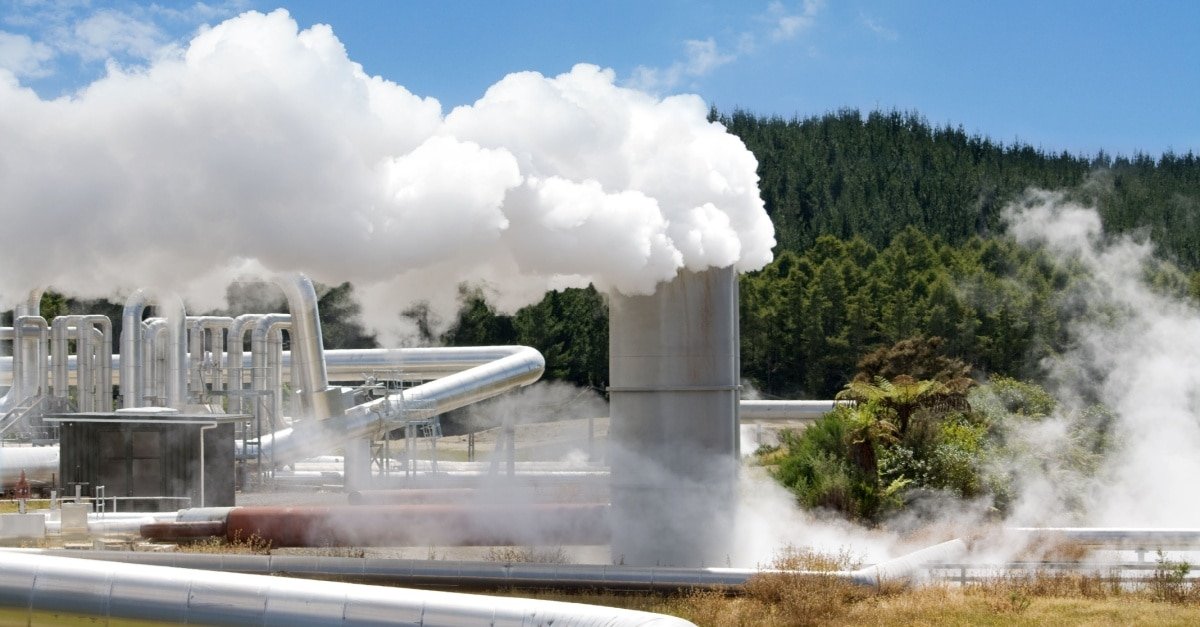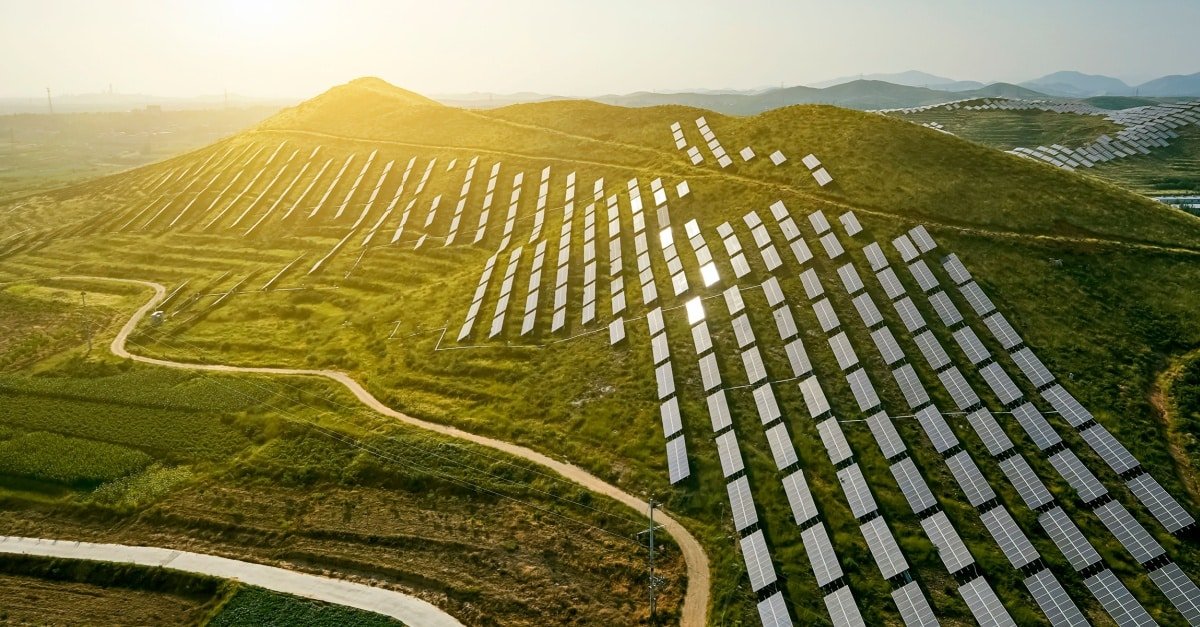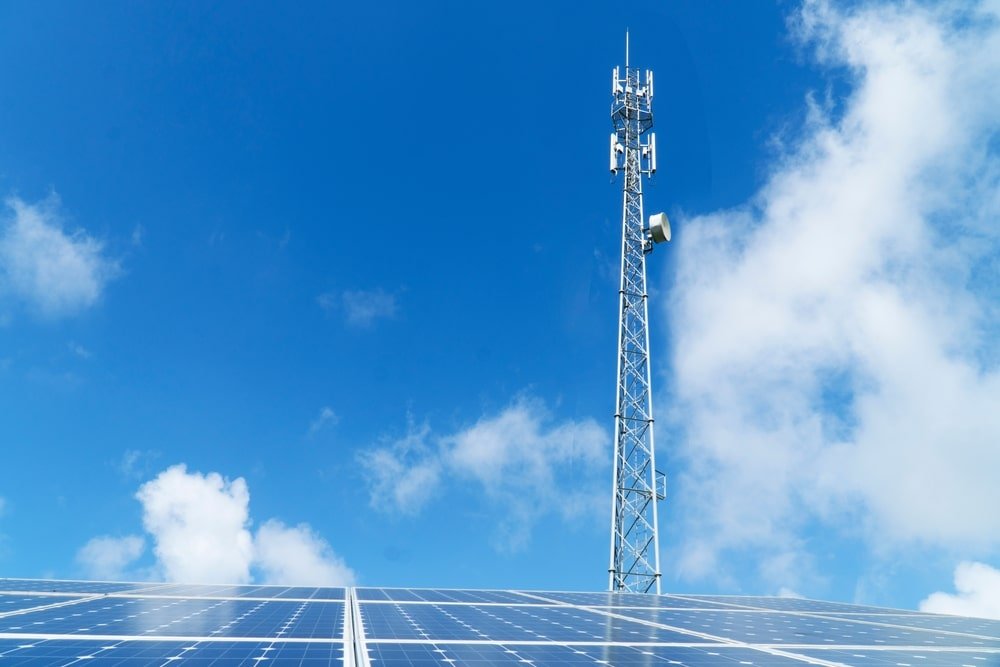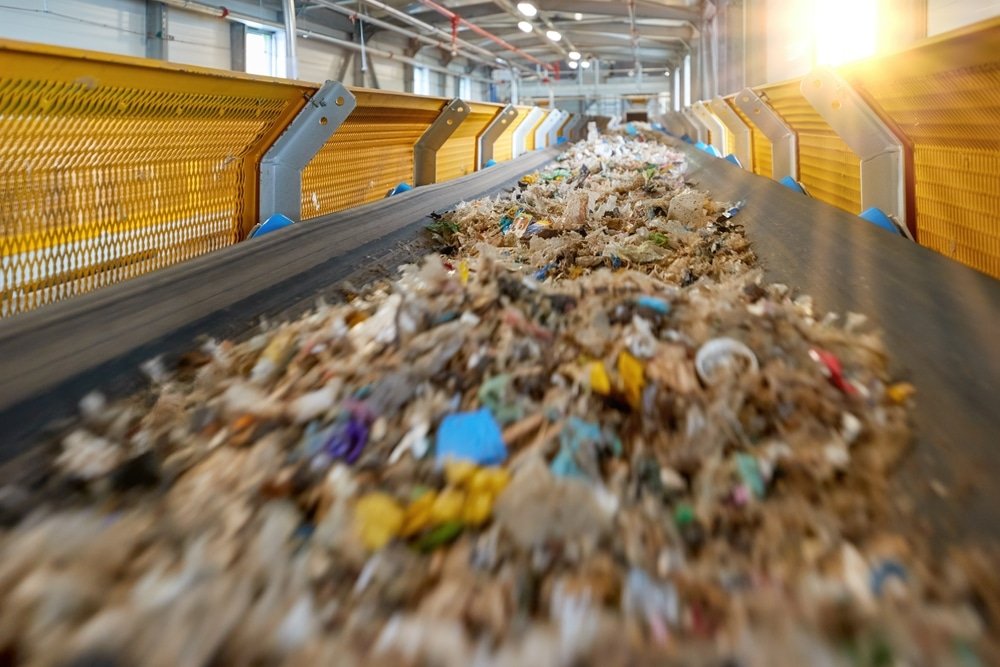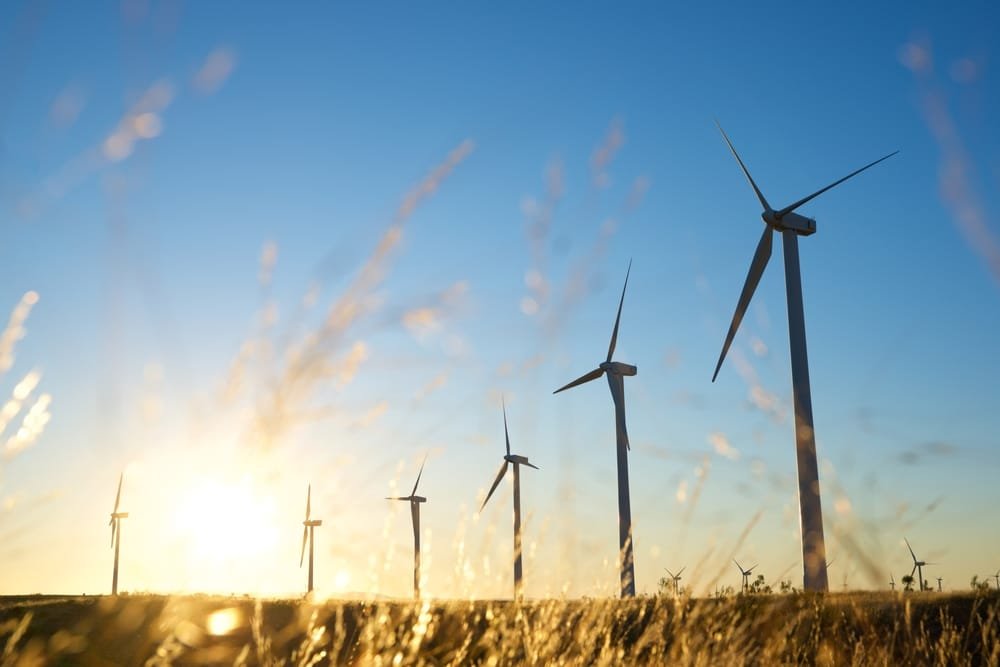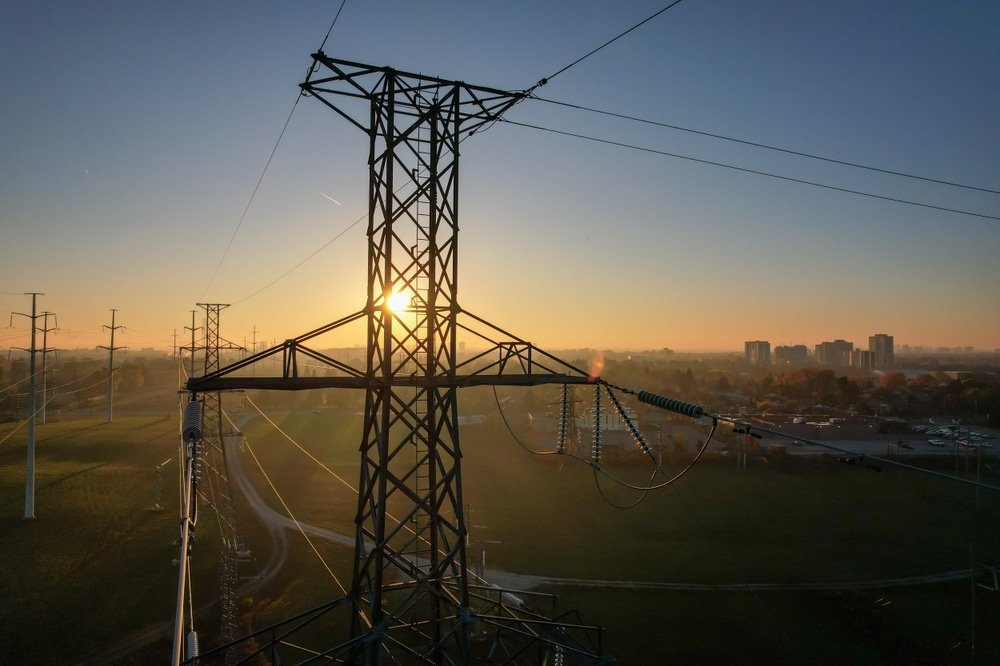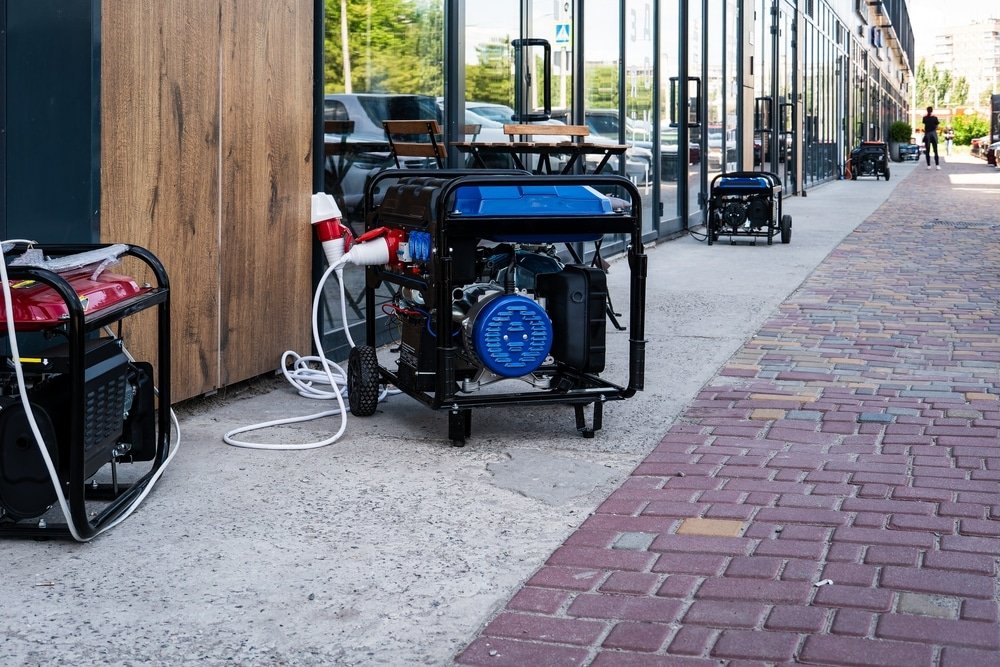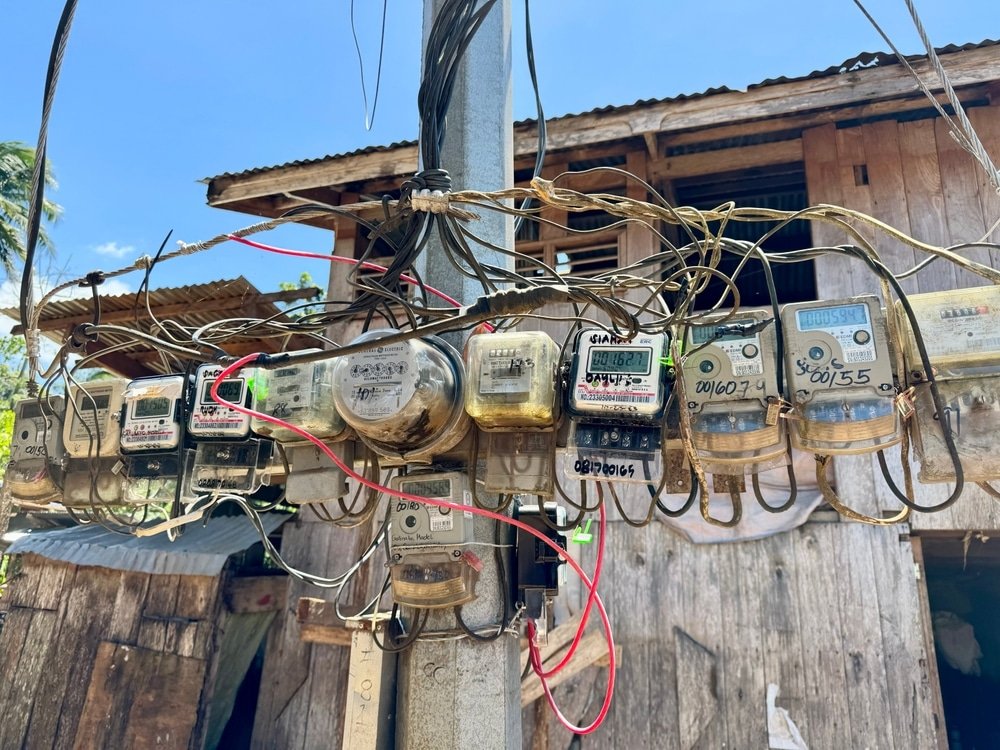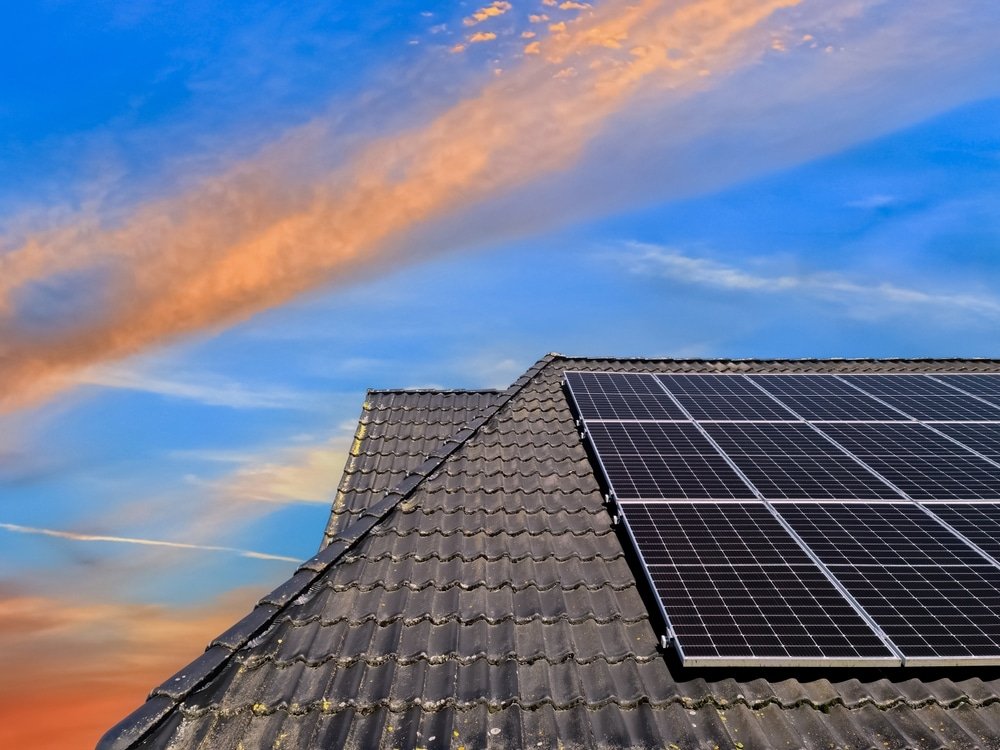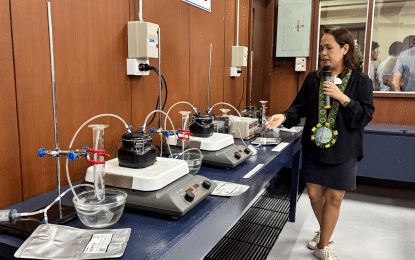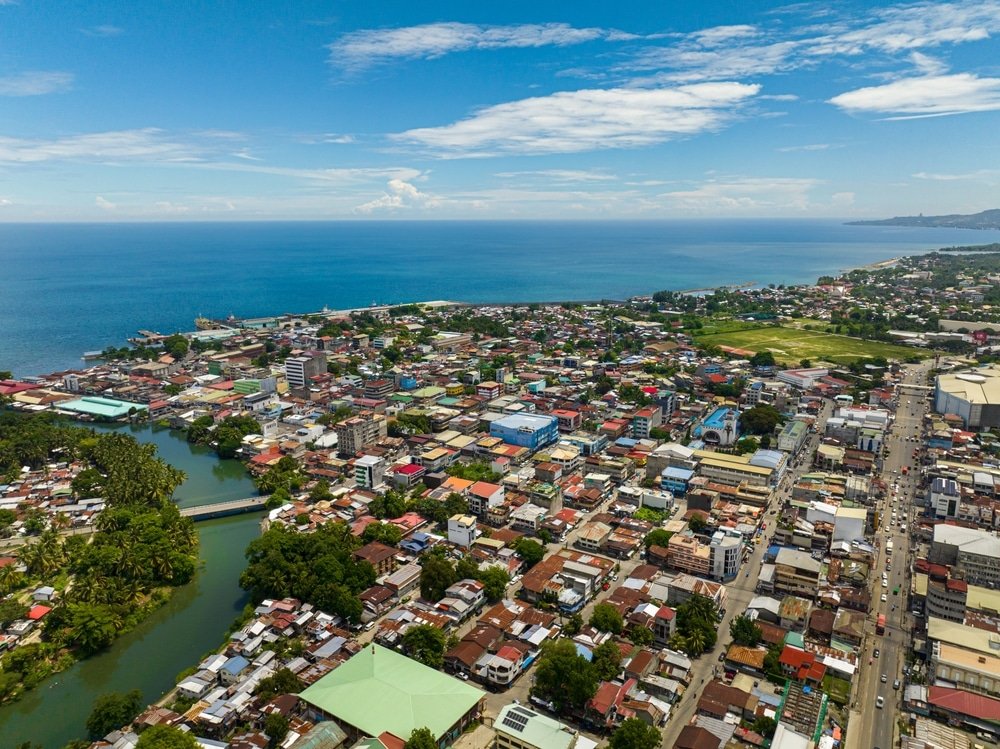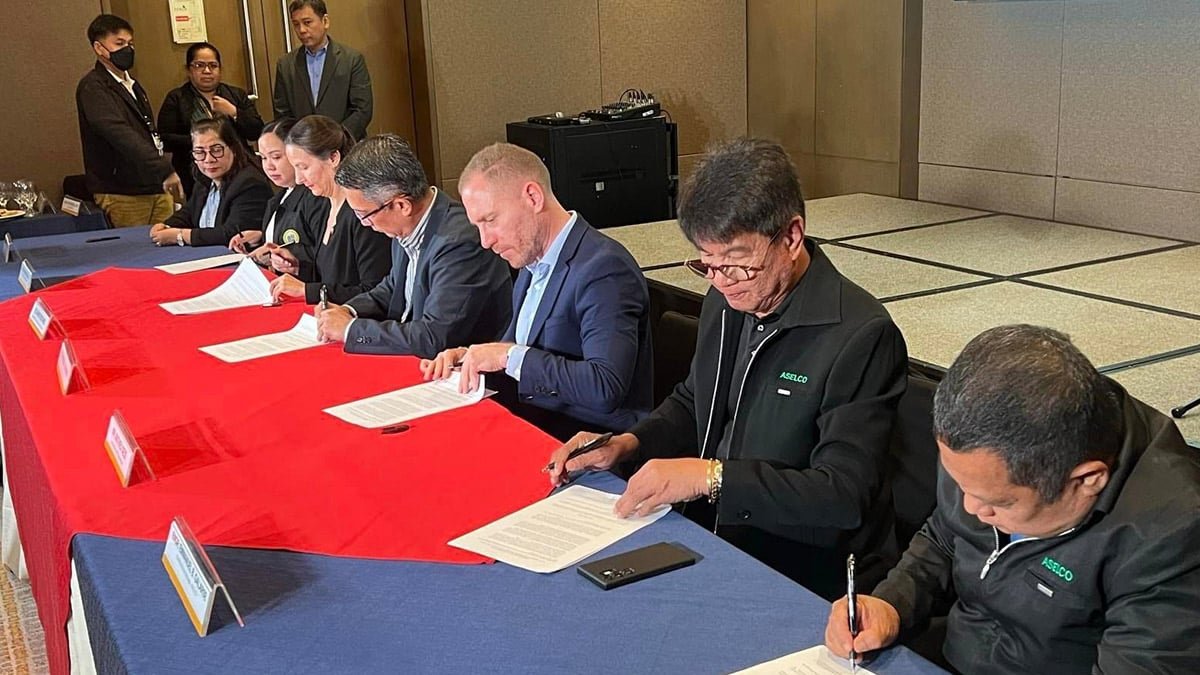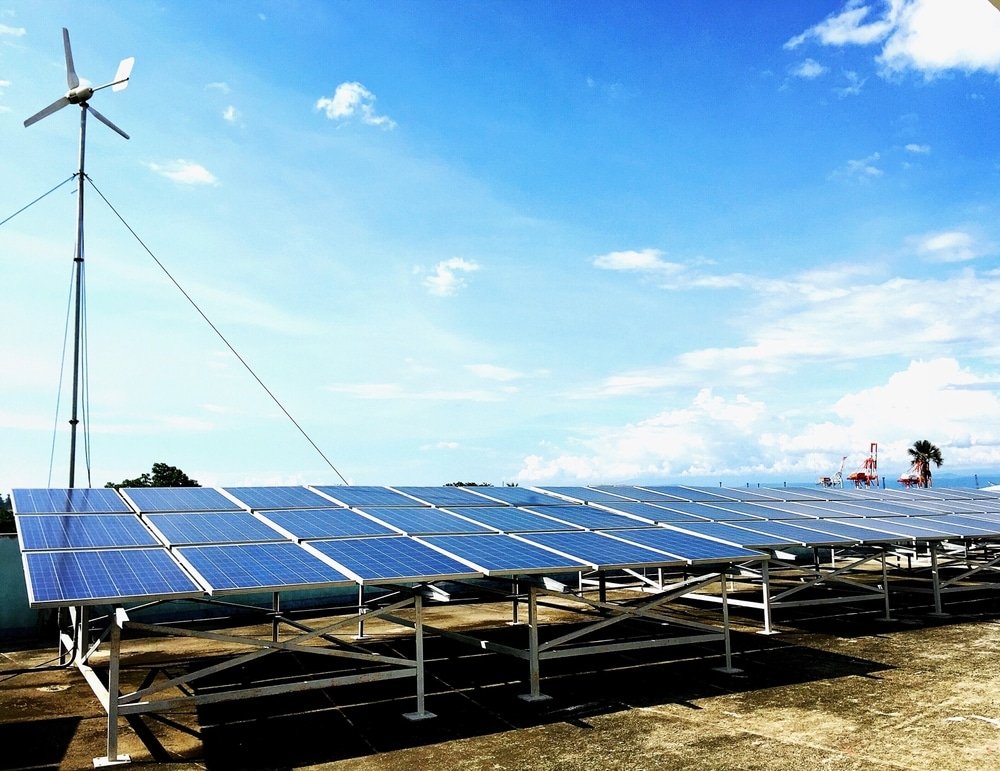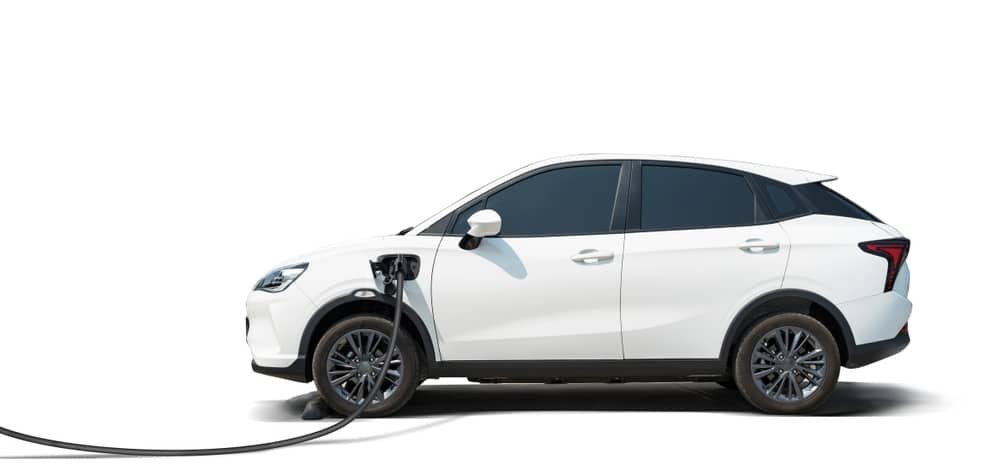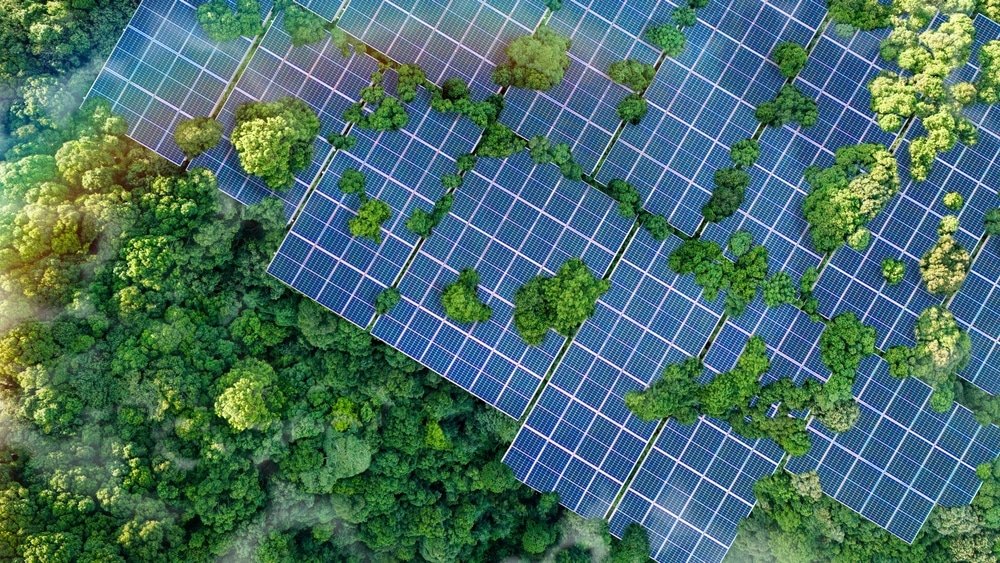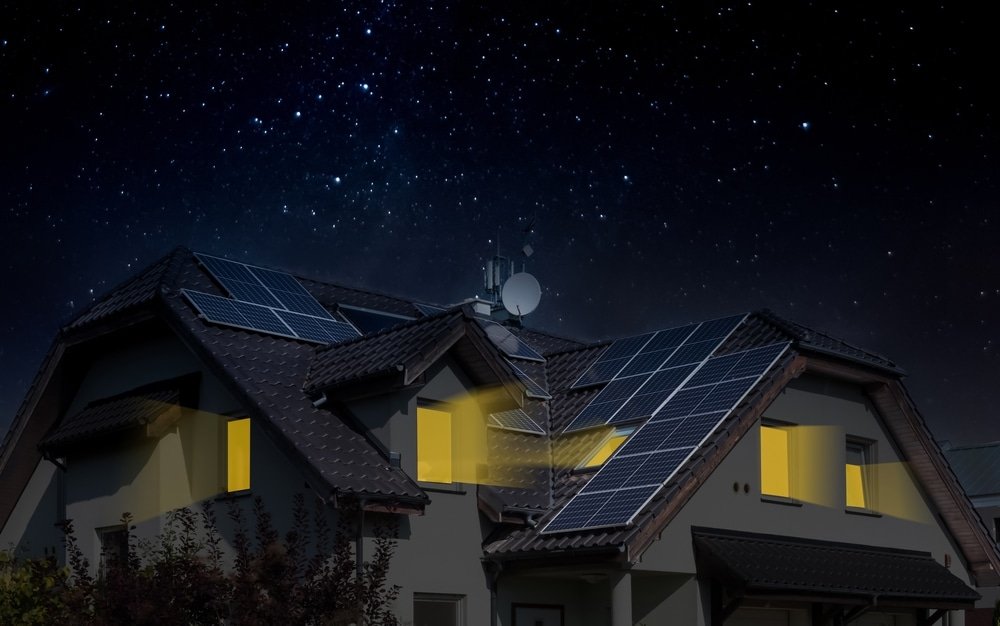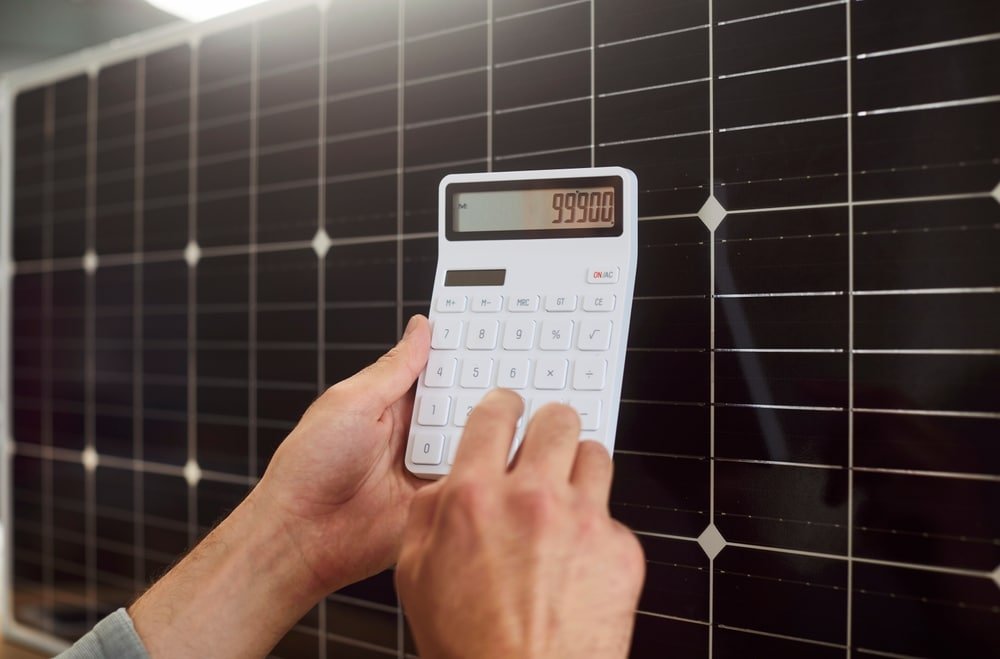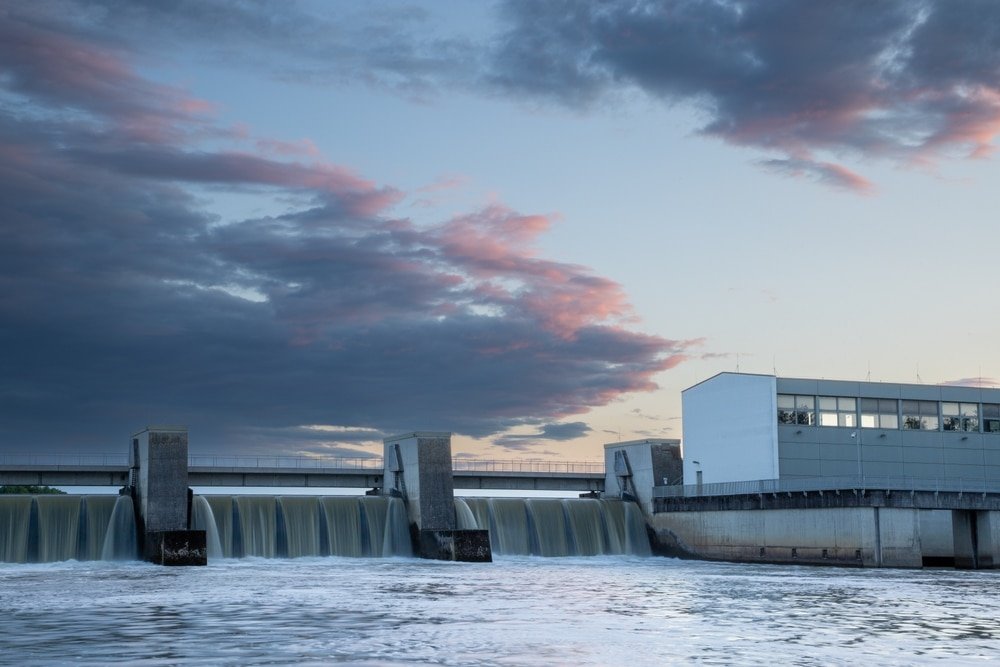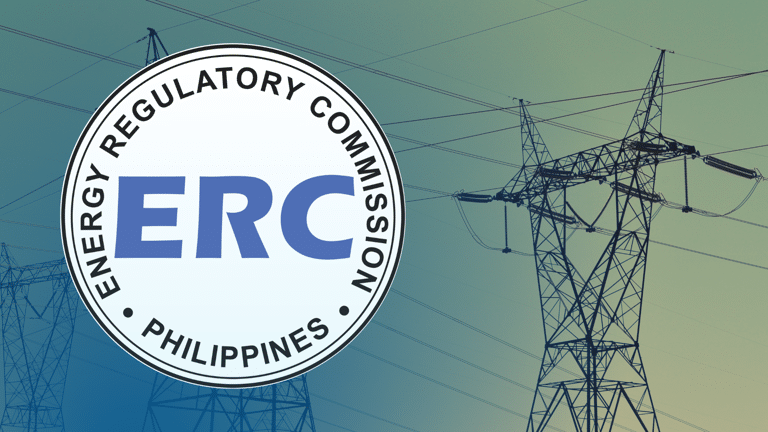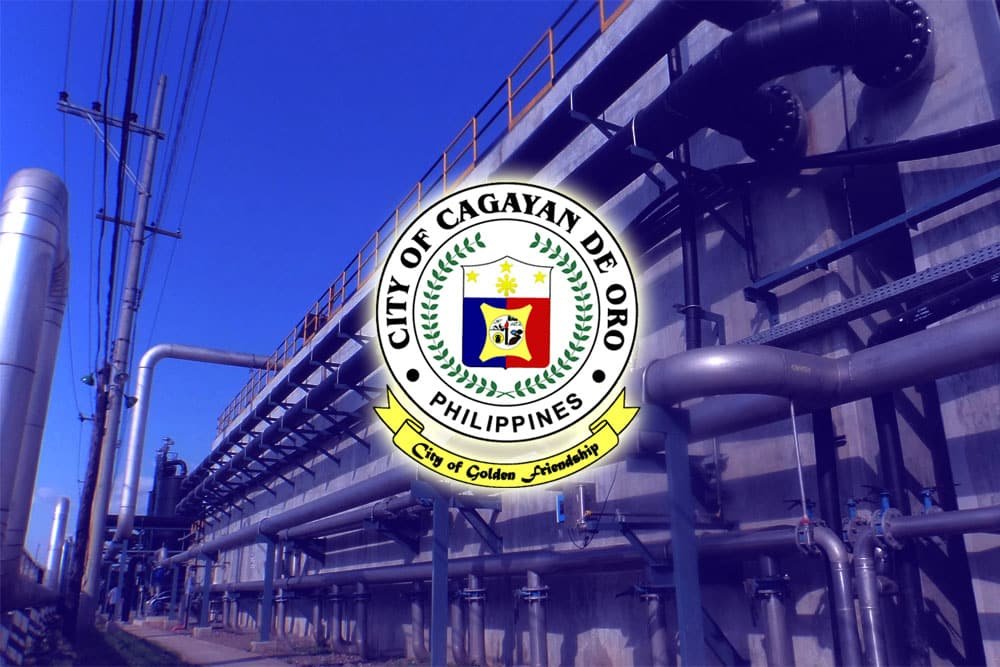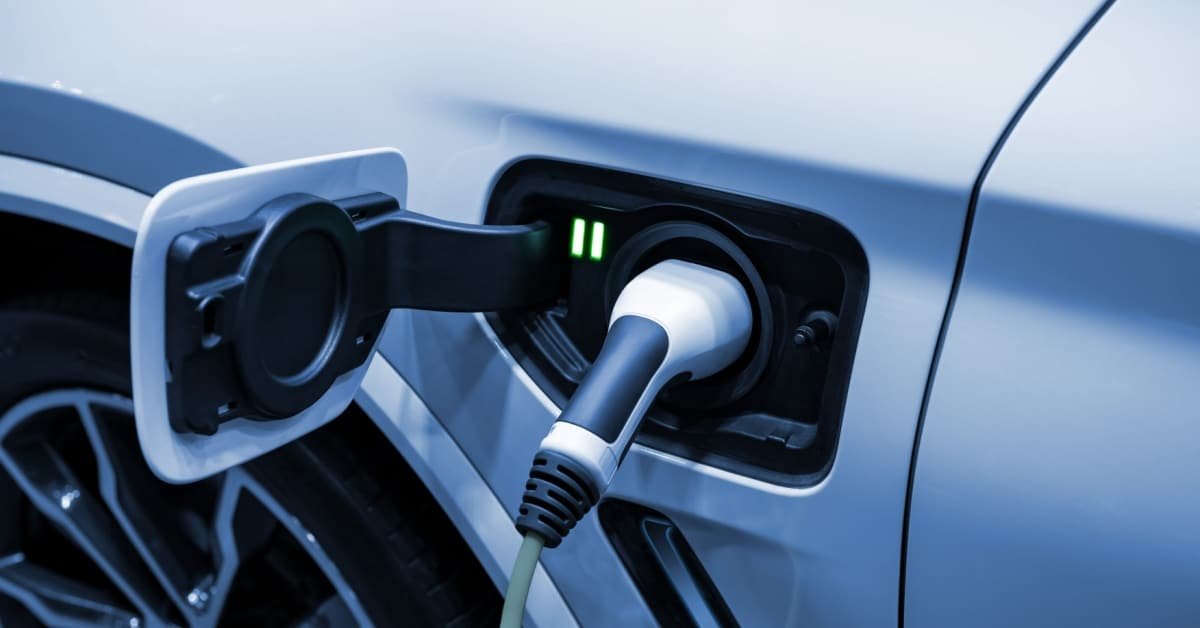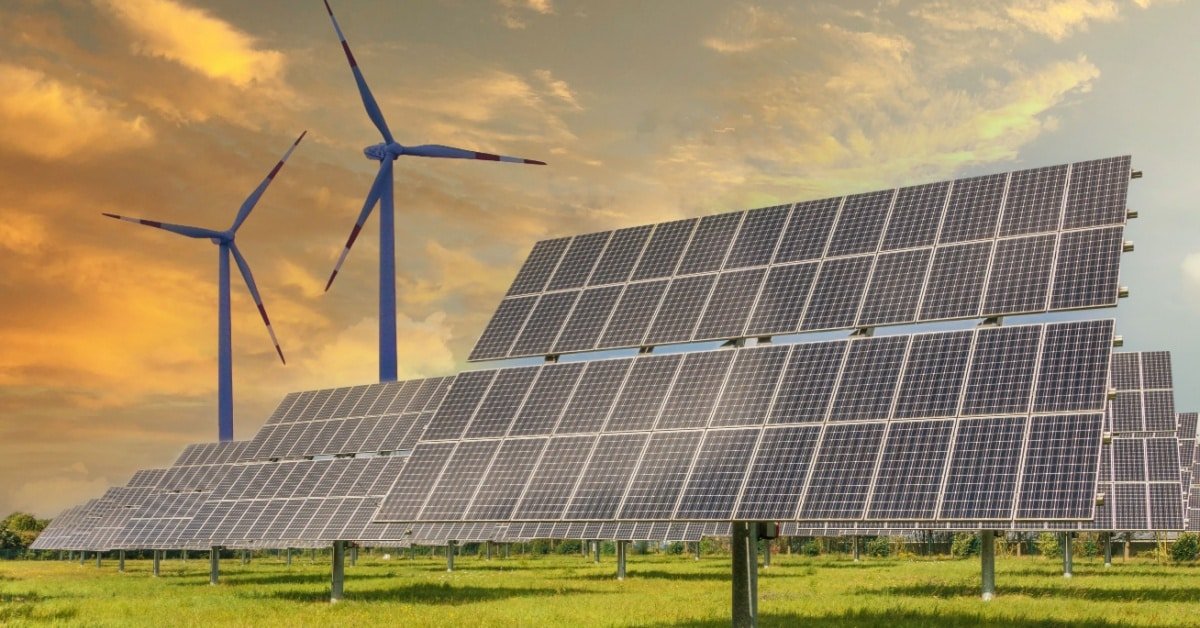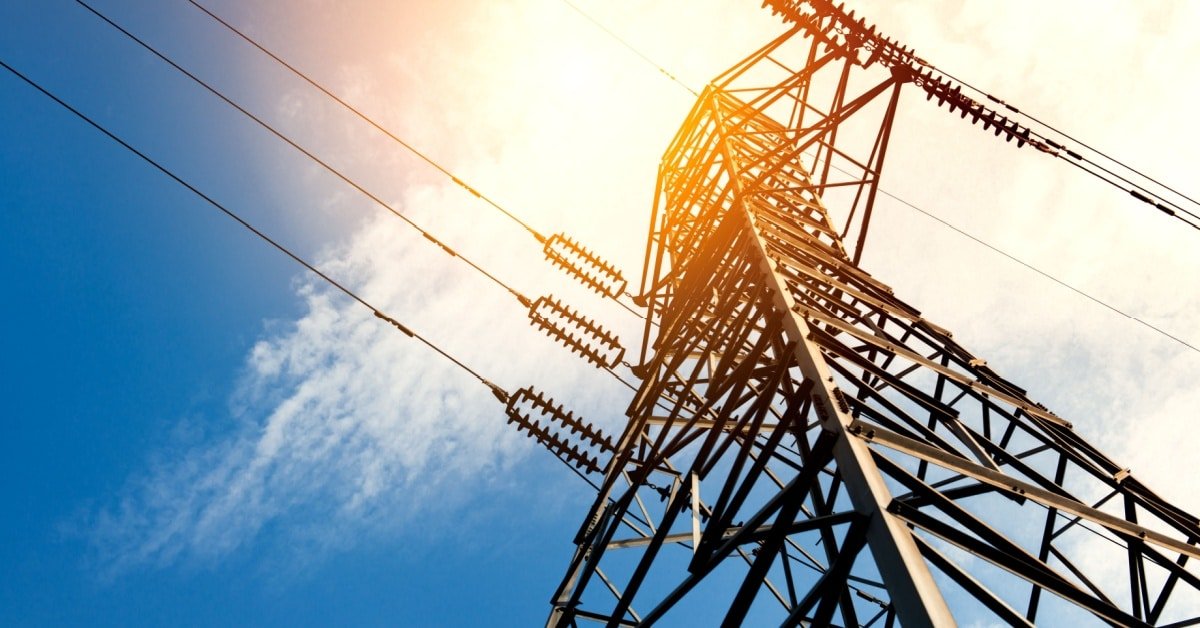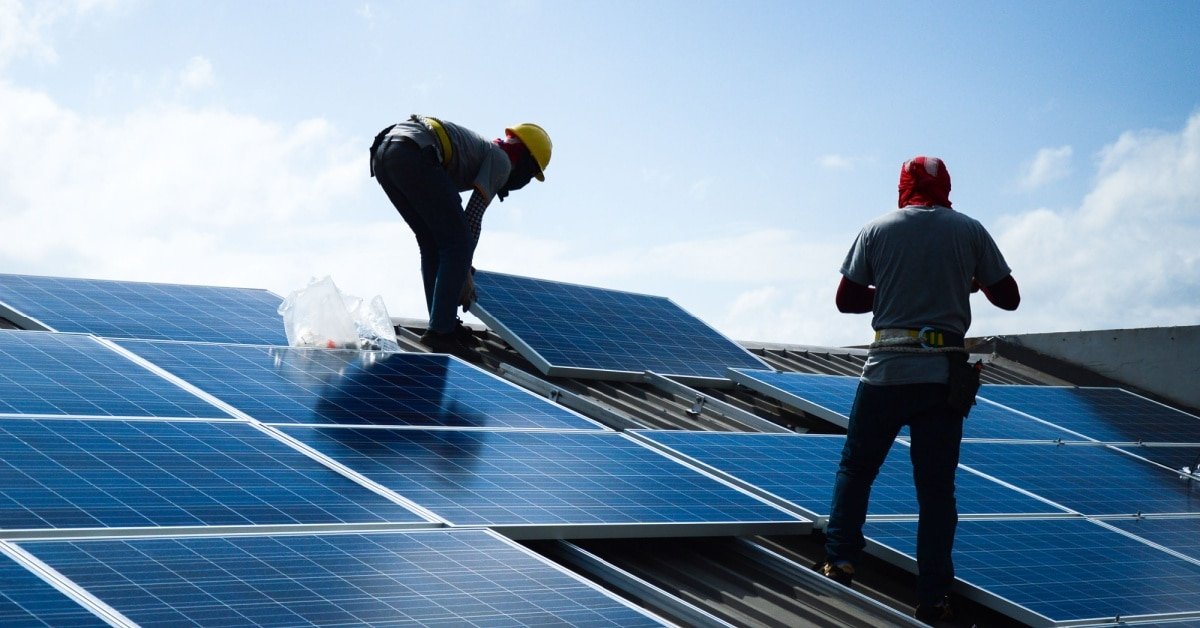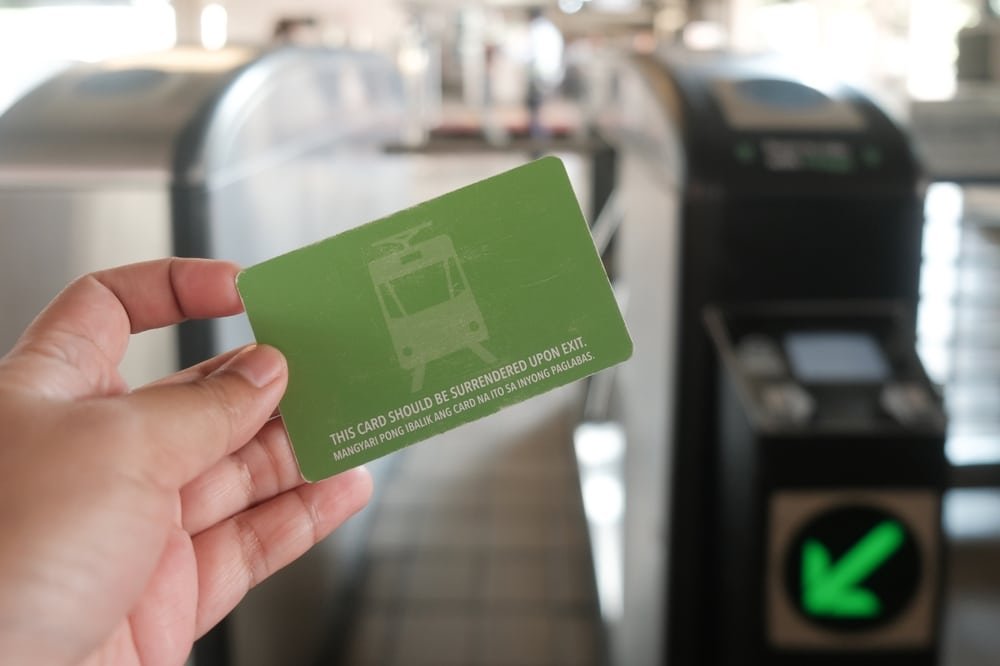
Commuting is a drag. When you ride a tricycle, jeep, or bus, you are exposed to engine fumes, air pollution, and noise.This takes a toll on your health. Plus, by the time you reach your destination, you’re worn out and need to freshen up.
Thankfully, we can all look forward to better commutes with electric public transportation!
What is electric public transportation?
Buses, jeepneys, and tricycles that use batteries instead of gasoline or diesel are examples of electric public transportation. They are powered by electric motors rather than the traditional internal combustion engines (ICE). This results in rides that are quieter, cleaner (no noxious fumes or smoke), and better for the environment.
It’s environment-friendly
Countries around the world are switching to electric modes of transport because it is better for the environment. With electric transportation, air pollution and greenhouse gas emissions (GHG) are significantly reduced. As scientists have pointed out, excessive amounts of GHG in the atmosphere causes global warming and climate change that have destructive effects on our weather systems and resources.
It’s better for your health
Because the electric vehicles do not use ICE, the engines are quieter. Noise from public transportation is reduced.
Additionally, air quality will improve in urban areas because the vehicles do not release pollutants and smoke. You no longer have to feel dirty when you commute.
It’s hassle-free
Aside from giving you a comfortable ride, electric buses are usually equipped with global positioning systems (GPS) and Wi-fi capabilities. They also offer contactless ticketing.
It’s sustainable
As the country shifts to renewable energy, it makes sense to move from gas and diesel to electric when it comes to public transportation. Even car companies have pledged to make more electric vehicles in the coming years, and stop making ICE vehicles down the road.
With electric public transportation, we don’t have to be dependent on fossil fuels from oil-rich countries. The electricity we need can be generated by renewable energy such as solar, wind, and hydrothermal which are abundant in Mindanao.
Where are we in electric public transportation?
Business for Environmentally Sustainable Transformation (BEST) buses have been used in Davao since the COVID 19 pandemic. As the first fully-electric and free shuttle service in Mindanao, the buses were used to transport frontline workers. Today these buses are being used for point-to-point (P2P) transport.
Lined up, we have the Davao Public Transport Modernization Project which will provide more than 380 electric buses for public deployment.
Additionally, the island can look forward to the Mindanao Railway Project (MRP) which is intended to connect Tagum and Digos cities with stations in Carmen, Panabo, Mudiang, Ma-a, Toril, and Sta. Cruz. The railway will be electric-powered and reduce travel time from 3.5 hours to 1.3 hours.
Apart from public transportation, the demand for electric vehicles for personal use in Mindanao is steadily increasing thanks in part to EVIDA or the Electric Vehicle Industry Development Act (Republic Act No. 11697).
Electric public transportation will soon make commuting more comfortable, modern, and sustainable. But this is not just an upgrade on our commutes. By taking an electric jeep, bus, or tricycle, we will be building a healthier, greener future for Mindanao.
References:
Rising Demand for Electric Vehicles in Mindanao: Insights from DOE Official (sunstar.com.ph)
A look at the Philippines’ progress in EV adoption (topgear.com.ph)
Philippines e-vehicle sales seen to hit 6.6 million units by 2030 | Philstar.com
E-Vehicles – Securing The Future of Philippine Industries (industry.gov.ph)
Davao gov’t, power firm launch first e-bus system | Philippine News Agency (pna.gov.ph)
https://mb.com.ph/2022/07/17/doe-sees-transport-causing-dramatic-spike-in-ph-carbon-emissions/
Davao gov’t, power firm launch first e-bus system | Philippine News Agency (pna.gov.ph)
45296-006: Davao Public Transport Modernization Project | Asian Development Bank (adb.org)

